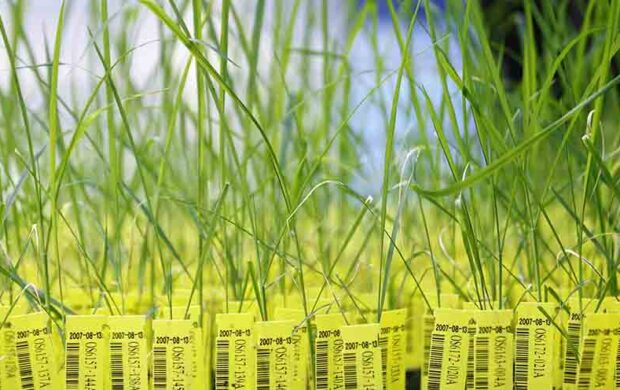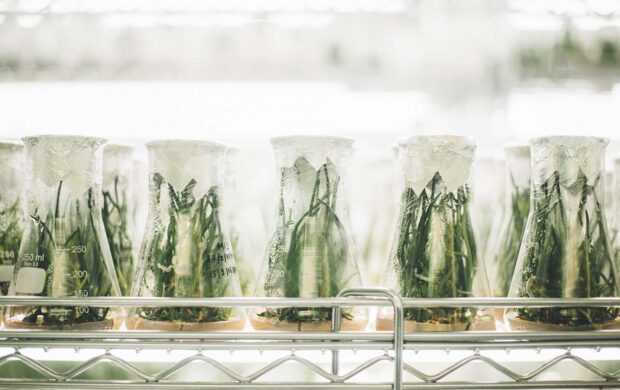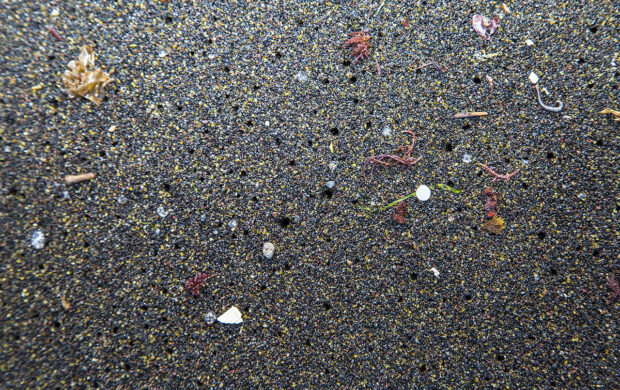The US Food and Drug Administration (FDA) have approved a genetically modified (GM) cotton that’s high in protein for human consumption. Developed by scientists at Texas A&M’s AriLife Research department, the GM crop is hoped to help meet the basic protein requirements of over 500 million people around the world.

Using a technique known as RNA-interference, or RNA-i, researchers have been able to silence the gene responsible for producing gossypol – an effective pesticide produced by cotton plants, but toxic to humans and many animals – in the seeds of the plant. By silencing the gene in just the seeds, the rest of the plant still produces gossypol to protect against insects and cotton fibres remain unaffected, while the seed becomes palatable for humans. According to Keerti Rathore, a scientist leading this project, the seed tastes a bit like chickpeas.












